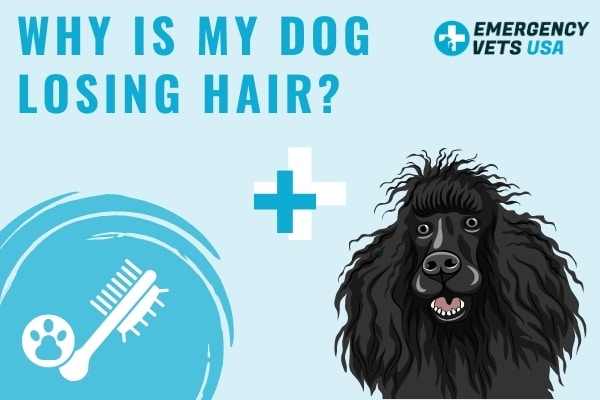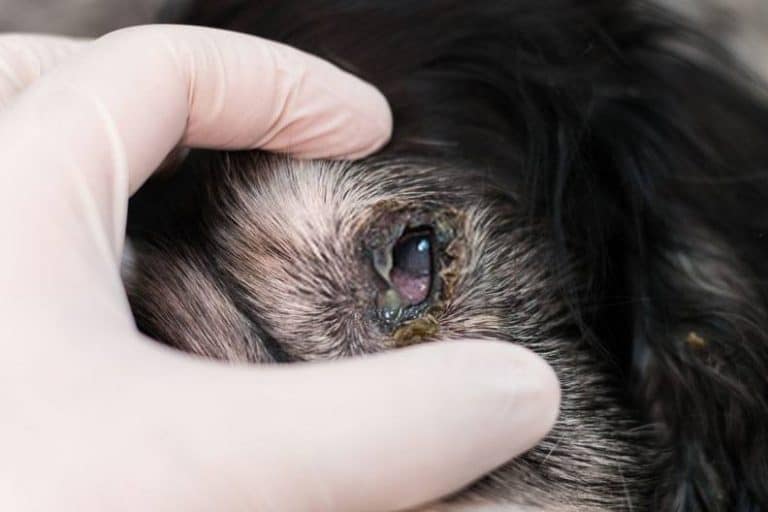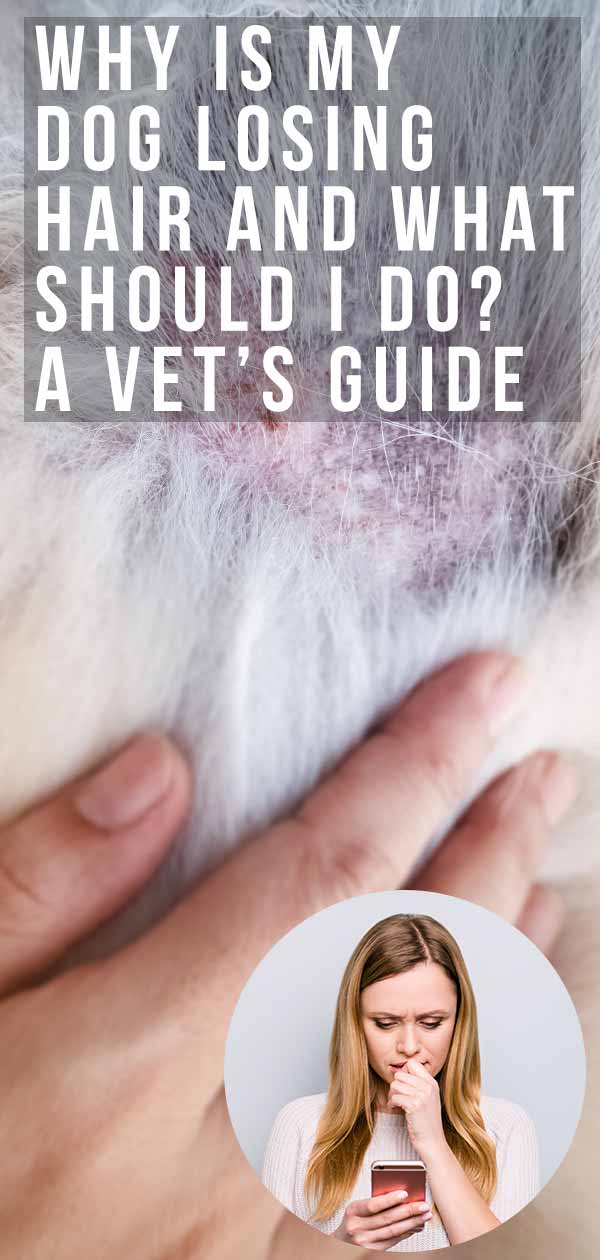Why My Dog Losing Hair - it can be a distressing and confusing state for any dog owner. Not only can it make your furry friend look less adorable, but it can also indicate an underlying health condition. If you have noticed that your dog is losing hair, don't panic just yet. Here are some possible causes of hair loss in dogs and tips on what you can do about it.
Dog Losing Hair On Tail
Tip: Check for Fleas and Ticks
One of the most common reasons for hair loss on a dog's tail is flea or tick infestation. These pesky parasites can cause irritation and itchiness, prompting your dog to scratch or bite at the affected area. Over time, this can lead to hair loss and even infection.

To remedy this issue, try using a flea and tick preventative treatment. You can find a variety of options available, including topical solutions, collars, and oral medications. It's important to follow the instructions carefully and use only the recommended dosage to avoid any adverse reactions.
Is Your Dog Losing Hair?
Tip: Visit Your Vet
If your dog is losing hair all over their body, it's possible that there is an underlying medical condition at play. In this case, it's important to take them to the vet as soon as possible for a proper diagnosis and treatment plan.

Some possible medical causes of hair loss in dogs include hormonal imbalances, skin infections, allergies, thyroid issues, and cancer. Your vet will be able to perform a physical exam and run any necessary tests to determine the root cause of your dog's hair loss.
Why Is My Dog Losing Hair? 6 Common Hair Loss Causes In Dogs
Tip: Keep Your Dog's Skin Clean and Moisturized
Dry, flaky skin can also cause hair loss in dogs. If your furry friend's skin appears dull, itchy, or scaly, it's possible that they have dry skin. This can be caused by a variety of factors, including harsh weather, allergies, or a lack of essential fatty acids.

To combat this issue, try adding a fatty acid supplement to your dog's diet. You can also give them a bath using a moisturizing shampoo designed specifically for dry skin. Be sure to rinse thoroughly and avoid using any harsh soaps or chemicals that could further irritate their skin.
Why is My Dog Losing Hair Around Their Eyes?
Tip: Keep Your Dog's Face Clean and Dry
If you've noticed that your dog is losing hair around their eyes, it's possible that they have a condition called tear staining. This occurs when a dog's tears build up around their eyes, leading to yeast and bacteria growth and subsequent hair loss.

To prevent this issue, make sure that you keep your dog's face clean and dry. You can use a warm, damp cloth to gently wipe away any excess tears. It's also a good idea to trim any long hair around their eyes to prevent it from getting matted or tangled.
Dog Losing Hair - A Vet’s Guide To Alopecia In Dogs
Tip: Rule Out Allergies
Allergies are another common cause of hair loss in dogs. If your furry friend is exhibiting other symptoms, such as redness or irritation of the skin, excessive scratching or biting, or repeated ear infections, it's possible that they have an allergy.

To determine the cause of your dog's allergies, your vet may recommend a blood test or skin allergy test. They may also prescribe medications or suggest changes to your dog's diet or environment to help alleviate their symptoms.
In conclusion, there are many possible reasons why your dog may be losing hair. By identifying the underlying cause and taking appropriate action, you can help your furry friend feel more comfortable and healthy. Remember, if you're ever unsure about your dog's symptoms, it's always best to consult with your vet.
Read more articles about Why My Dog Losing Hair